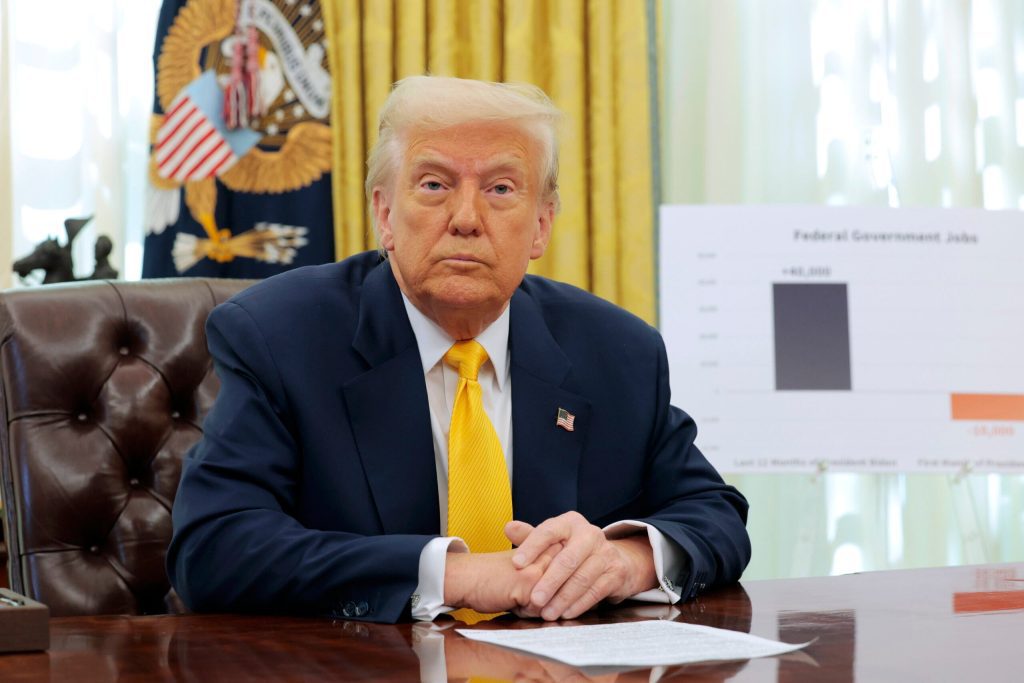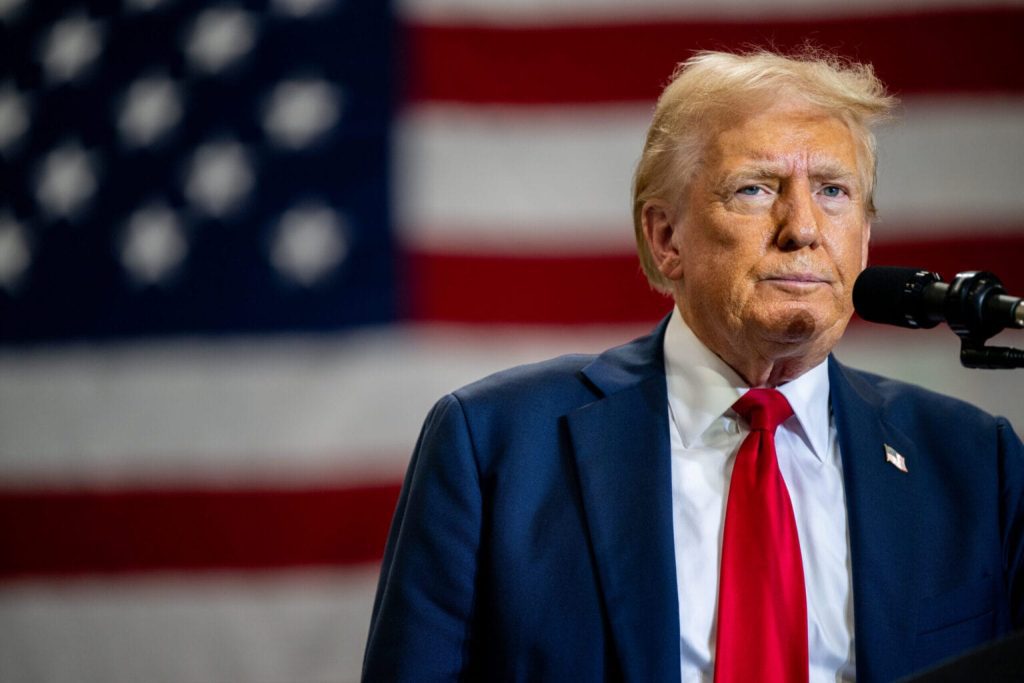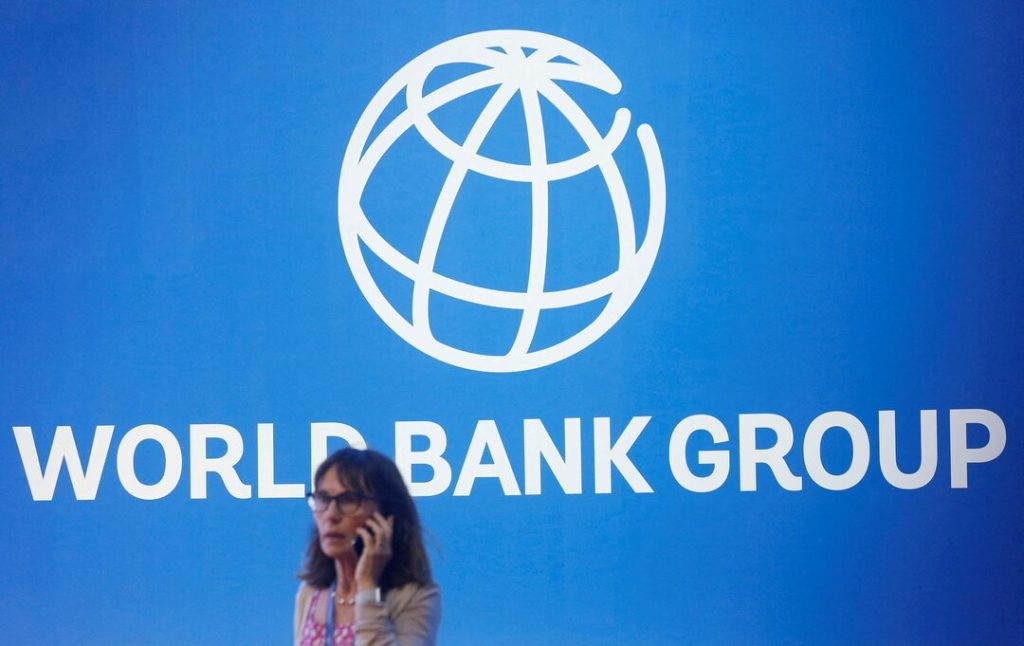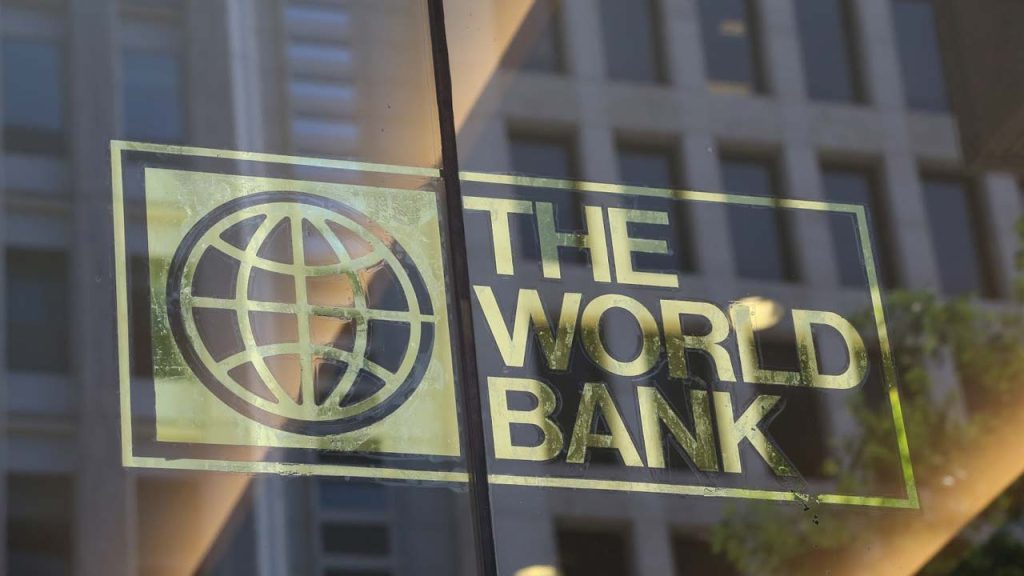The ECOWAS Court of Justice has ordered the Federal Republic of Nigeria to pay ₦5 million as compensation to Oluwatimilehin Adebayo for the violation of his right to freedom from torture. The court also directed Nigeria to conduct a prompt, impartial, and effective investigation into the torture claims and prosecute those responsible for the abuse.
Adebayo had filed a suit alleging that police officers from Ogun State subjected him to severe physical abuse. He recounted being beaten with the handle of an axe and having his limbs chained to a pole, an ordeal that resulted in significant physical injuries, including trauma to his scrotum, and lasting psychological distress.
The Nigerian Government challenged the court’s jurisdiction, arguing that the case was filed outside the three-year limitation period stipulated in the court’s rules. It also contended that the matter could involve revisiting issues already decided by a domestic court or currently under litigation in Nigeria.
In its judgment, the ECOWAS Court dismissed these objections and asserted its jurisdiction to hear cases involving human rights violations. The court clarified that the three-year limitation period cited by the Nigerian Government does not apply to cases involving human rights abuses. It emphasized that such matters are not bound by the procedural constraints that apply to other types of cases.
Delivering its judgment, Justice Dupe Atoki ruled that the treatment Adebayo endured constituted torture and violated Article 5 of the African Charter on Human and Peoples’ Rights, to which Nigeria is a signatory. The court noted that the actions were deliberate and intended to coerce Adebayo into signing a pre-written statement.
As part of the judgment, the court awarded ₦5 million in compensation to Adebayo and directed the Nigerian Government to initiate a full investigation into the incident. It further ordered that those responsible for the torture be prosecuted to ensure accountability.
However, the court dismissed Adebayo’s claim that his right to seek redress had been violated, noting that he had not provided evidence of formally reporting the abuse to the relevant authorities.
This judgment underscores the ECOWAS Court’s role in ensuring justice for victims of human rights violations in member states. It also highlights the court’s commitment to holding governments accountable for upholding international human rights standards. The ruling sends a clear message that acts of torture will not be tolerated and that victims have avenues for justice beyond domestic legal systems.













